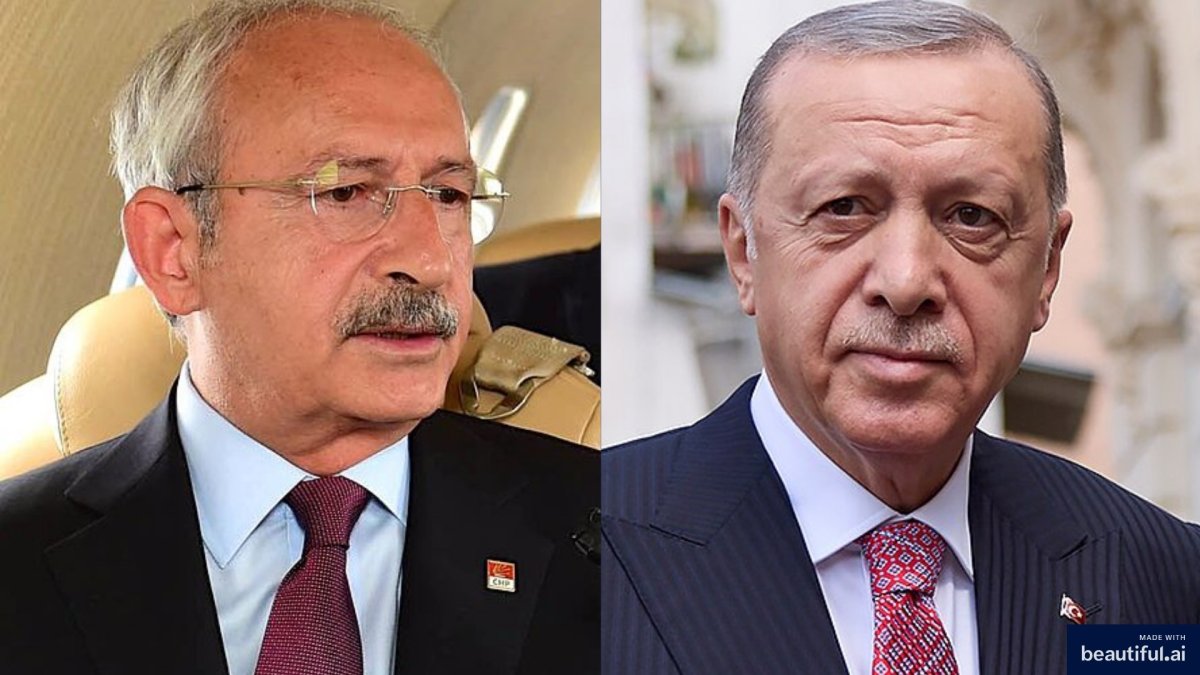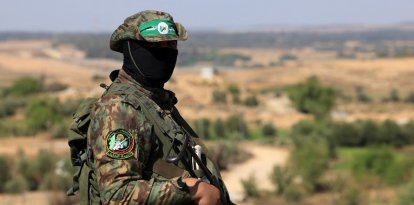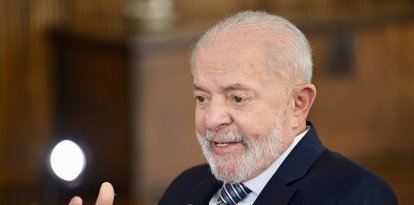Turkey elections: Erdogan and Kılıçdaroğlu head for a runoff election
The current president needs more than 50% of the votes to avoid a possible runoff election, which would take place on May 28.

Kemal Kılıçdaroğlu- Recep Tayyip Erdogan/ Wikimedia Commons
With more than 96% of the votes counted, all indications are that Turkey will have to vote again. President Recep Tayyip Erdogan fell below the 50% needed to avoid a runoff, so he should face his immediate pursuer, Kemal Kılıçdaroğlu, again on May 28. The good news for the current president is that he retained control of Congress.
Despite leading throughout the day, the vote in the big cities caused the president to fall at the polls. With more than 96% of the tables counted, Erdogan gets 49.4% of the votes, against Kılıçdaroğlu' s 44.8% . The trend is in favor of the latter, so the runoff scenario seems to be increasingly entrenched.
The Supreme Electoral Board, the highest electoral authority in the country, is providing the results to the political parties as quickly as possible, although it would not make the results public until the recount is completed and finalized.
The good news for the current president is that hehas secured control of Congress. Between his political party and allies, they won 324 of the 600 available seats, thus guaranteeing a strong majority.
What is at stake in Turkey?
Turkey is marking 100 years since its first presidential election in 1923, when the Turkish civil war ended and the Turkish Grand National Assembly declared the Republic of Turkey on October 29, 1923. To celebrate this milestone, tens of millions of people would be triggering a historic ballot.
Erdogan has been in power for about 20 years, either as president or as prime minister. He arrived weakened to these presidential elections due to the economy, affected by a generalized price increase and weakened by the February earthquake.
Food inflation is 67% per year, only surpassed by Venezuela, Iran, Lebanon, Zimbabwe and Argentina, to which must be added the consequences of the earthquake of February 6, which did not leave the government in a good position. 55,000 people died, 130,000 were injured and between 1 million and 1.5 million were left homeless.
To this must be added the enormous infrastructure costs generated by the tragedy. The total cost of reconstruction was estimated at 105 billion, 12.2% of Turkish GDP. To counteract this negative trend, the president used the public media to his advantage and even increased the salaries of 700,000 state employees by 45%.
Its rival, Kılıçdaroğlu, a 74-year-old secular economist, presents himself as a social democratic option more open to the European Union and the West. His candidacy comes as part of a coalition seeking to remove Erdogan, who had triumphed in the 2018 elections with 52% of the vote, from power.
Unless something extraordinary happens, both candidates will face each other again in a second round, scheduled for next Sunday, May 28.
News in development...

























